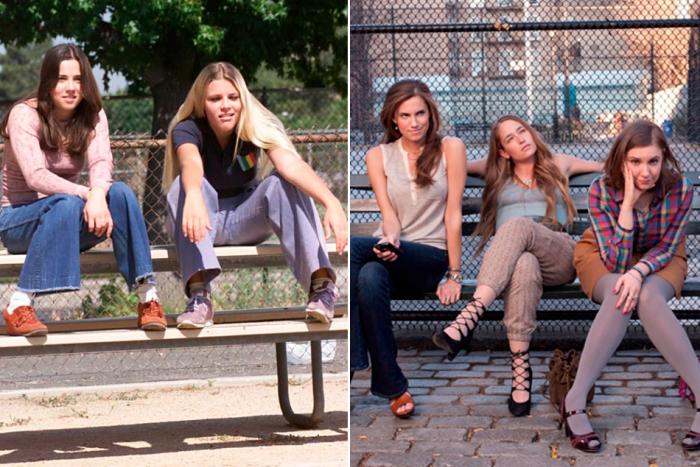The party of Justin Trudeau has some good news it’s ecstatic to share: the Conservatives are still raising much more money than the Liberals are. But not quite as much more as they used to! This is, snark aside, good and substantial news for the third party in Parliament. In the last quarter of 2013, the Liberals raised about 85 percent of the Conservatives’ own fundraising, and in the last month they actually raised more. The figures for the whole year are a bit less adrenaline-pumping, with the Liberals scoring a bit more than half of the Tories’ total.
Nevertheless, it’s a turnaround from the days when the Conservatives would brag about being able to flood the airwaves with nearly unlimited amounts of advertising, to define their opponents without the Liberals having any opportunity to retaliate. Both Stéphane Dion and Michael Ignatieff, of course, led a party that would have been unable to respond to Tory ads in kind even if they’d had an inkling of the volume of attacks they would face.
The reason seems to be that in 2013, a decade after the Howard Dean campaign showed that online fundraising was upsetting the traditional apple carts, and five years after the inaugural Obama presidential campaign turned it into a winner, Canada’s Liberals have finally seen the light. But don’t take my word for it: Hill Times quotes former Liberal national director Jamie Carroll saying it was “heresy” to suggest the party could win on small donations when he ran things. (Carroll did not leave the Liberal party happily, it should be noted.)
The Liberals have also become converts to the gospel of big data, working to build up their database of Liberal voters to something competitive with the Conservative machine. Absolutely nothing about a database of voters will ever make for a dramatic Aaron Sorkin film or television show, but such lists are increasingly central to modern politics: Mitt Romney was defeated as much by the light-years more advanced Obama voter database as by his own weaknesses. A Republican staffer told BuzzFeed after the election, “We weren’t even running in the same race.”
(Some observers at the time noted Obama’s ground-game advantage and predicted Democratic turnout would put the Democrat substantially ahead of his polls.)
There are times in history when someone—a person, a business, or an army; it doesn’t matter—figures out the rules have changed before everyone else. They spend a long time looking invincible and making easy work of their rivals, who for all their efforts and energy end up looking like the gang that can’t shoot straight. This is always temporary, but it can look pretty bleak when you’re on the losing end. When things are done shaking out, the world usually looks different. It’s not clear what a world with multiple, competitive, technologically empowered Canadian political parties looks like, if only because we’ve only ever had one before.
In one sense, nothing about Trudeau’s apparent performance so far is that mysterious, much less revolutionary. Well back into the previous decade, Liberals could be heard telling themselves they needed to find some way to compete with the Conservative fundraising and voter outreach machine. However, there wasn’t always an agreement on how to get there, or if adopting Conservative (or Obama’s, or Dean’s) methods would really work for the Liberals.
As Susan Delacourt put it, talking with CBC: the Liberal self-conception as a “big tent” party is hard to square if you adopt the micro-targeted political messaging of the Conservatives—even if it’s the only way to win in 2015. The obvious response to this is that it doesn’t matter how big your tent is if there’s nobody under it. If the choice is never winning another election, or adopting the Conservatives’ methods, it was never really going to be a choice—it’s just a marvel that it took so long.






